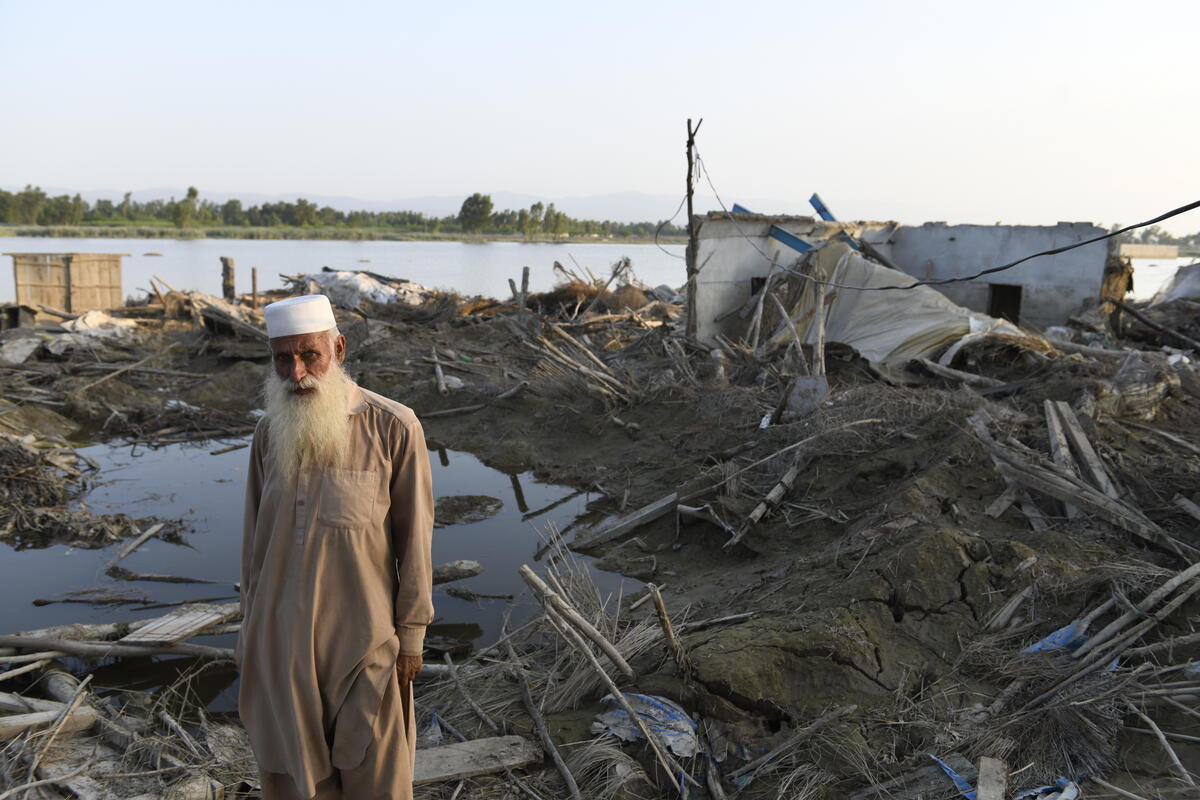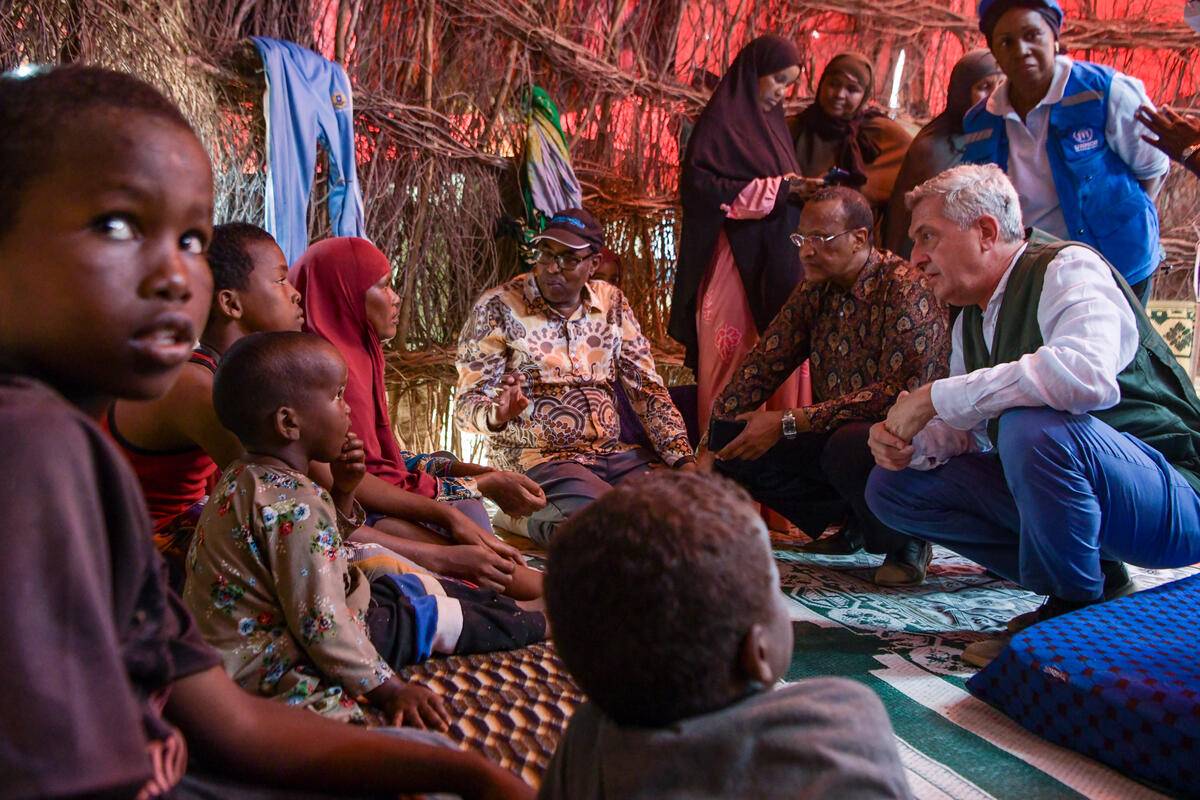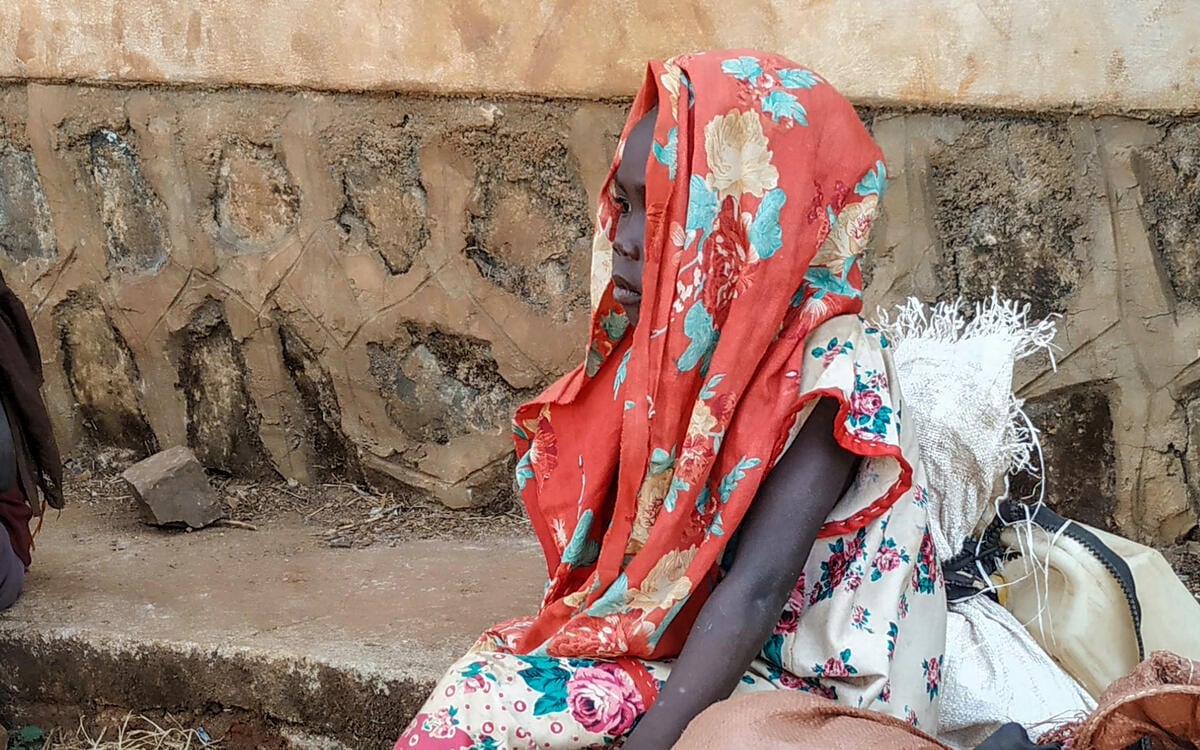Afghanistan: rains fail for 5th year in Baluchistan
Afghanistan: rains fail for 5th year in Baluchistan
The monsoon rains have come but have brought no relief for Baluchistan. This south-western province of Pakistan has had no rains for four successive years. It has been hit by a severe drought which has decimated 2 million livestock and ruined crops.
Once again, the rains have failed. This year's rains have only touched eastern areas of Baluchistan and what little rain fell was limited and scattered. Large parts of the central areas and the west, including Quetta, have received no rain. Should there be insufficient rainfall in the winter, the situation will worsen during the year 2001. The agricultural and livestock sectors will be greatly affected and there may be increased population movements.
An estimated 1.5 million people in 23 of the province's 26 districts are gripped by drought. Among them are 132,000 Afghan refugees scattered in 26 villages in seven of the stricken districts. More than 80,000, or nearly 65 percent, of the refugees are seriously affected.
In collaboration with the government of Pakistan, UNHCR has finalised the first phase of an operation aimed at alleviating the effects of the drought by consolidating a series of scattered and scarcely populated refugee villages. The operation will also ensure that refugees have access to water and better assistance in health care, education and community development. The relocation will reduce the villages from 26 to eight, provide new and improved infrastructure such as shelter, water, health and education.
Some 6,000 families in Loralai, Pishin, Gulistan, Chagai and Chaman districts will be relocated from isolated and vulnerable villages to more secure camps. The refugees will receive assistance in shelter, domestic items and transportation.
Work is in progress in selected districts to strengthen and develop the water supply schemes. For example, in Chagai district, a desert area along the border with Afghanistan and Iran, UNHCR has rehabilitated the water system, revived disused wells, repaired broken down equipment and fitted new water pumps, built new classrooms and health clinics.
The first group is expected to be moved in September and completed by the onset of the winter.









